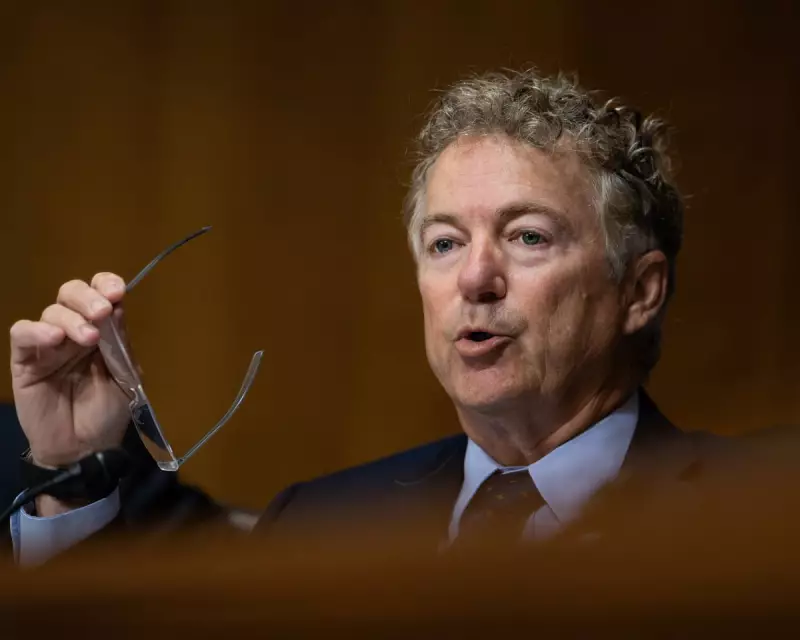
In a stunning political rupture, Republican Senator Rand Paul has publicly condemned former President Donald Trump's authorisation of military airstrikes in Venezuela, branding the action "unconstitutional" and a dangerous precedent for presidential power.
Republican Civil War Erupts Over Military Action
The Kentucky senator, a long-time libertarian voice within the GOP, launched his extraordinary broadside against the Trump-endorsed strikes that targeted alleged terrorist training camps in Venezuela. Paul argued that the military action represents a fundamental breach of the US constitution by circumventing congressional approval.
"The constitution is clear - only Congress has the power to declare war," Paul stated emphatically. "These strikes, conducted without congressional authorisation, set a dangerous precedent that future presidents could exploit for military adventures around the globe."
Constitutional Crisis or Political Theatre?
The senator's condemnation highlights deepening fractures within Republican ranks as Trump seeks to return to the White House. Paul's position places him directly at odds with many party colleagues who have broadly supported the former president's aggressive foreign policy stance.
Legal experts are divided on the constitutional implications. Some argue the strikes fall within the president's authority to defend national security, while others echo Paul's concerns about the erosion of congressional war powers.
What This Means for US-Venezuela Relations
The military action represents a significant escalation in US involvement in Venezuela's ongoing political and humanitarian crisis. The targeted sites were described by US officials as training facilities for terrorist organisations, though Venezuelan authorities have denounced the strikes as an act of aggression.
Paul's intervention raises critical questions about:
- The limits of presidential war powers
- Republican unity on foreign policy
- The future of US intervention in Latin America
- Congress's role in military decision-making
As the political fallout continues, Paul's stance positions him as a rare Republican voice willing to challenge Trump's national security approach, potentially signalling broader debates within the party about executive authority and military intervention.





